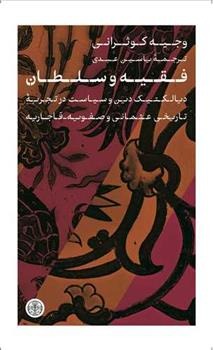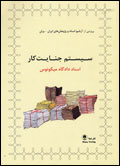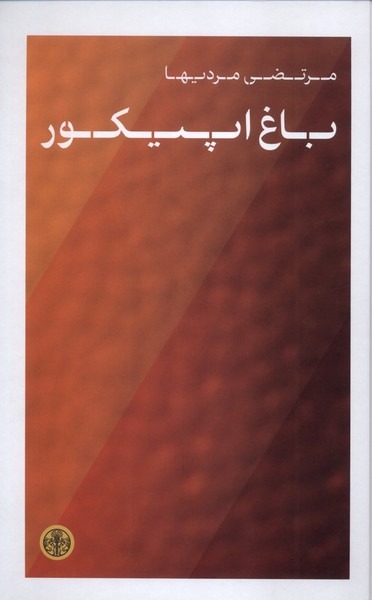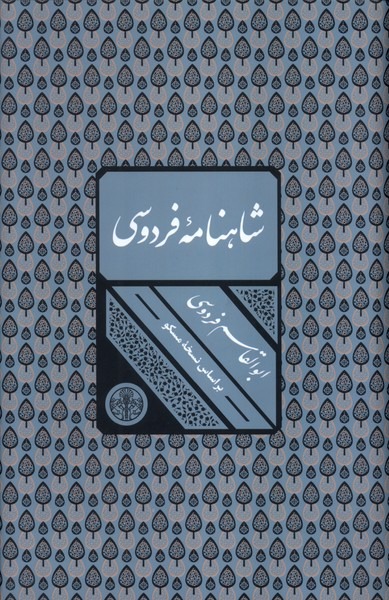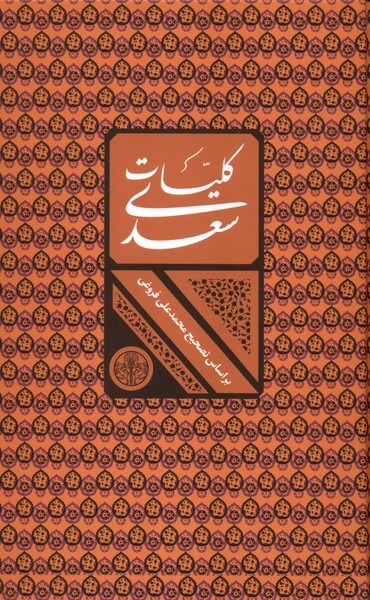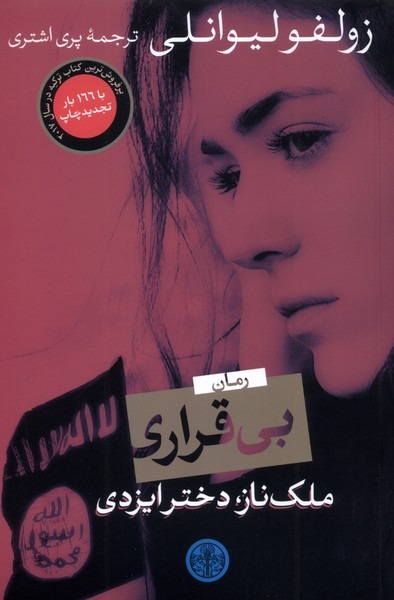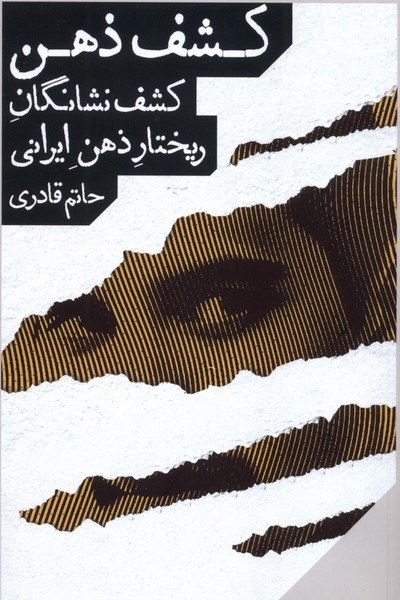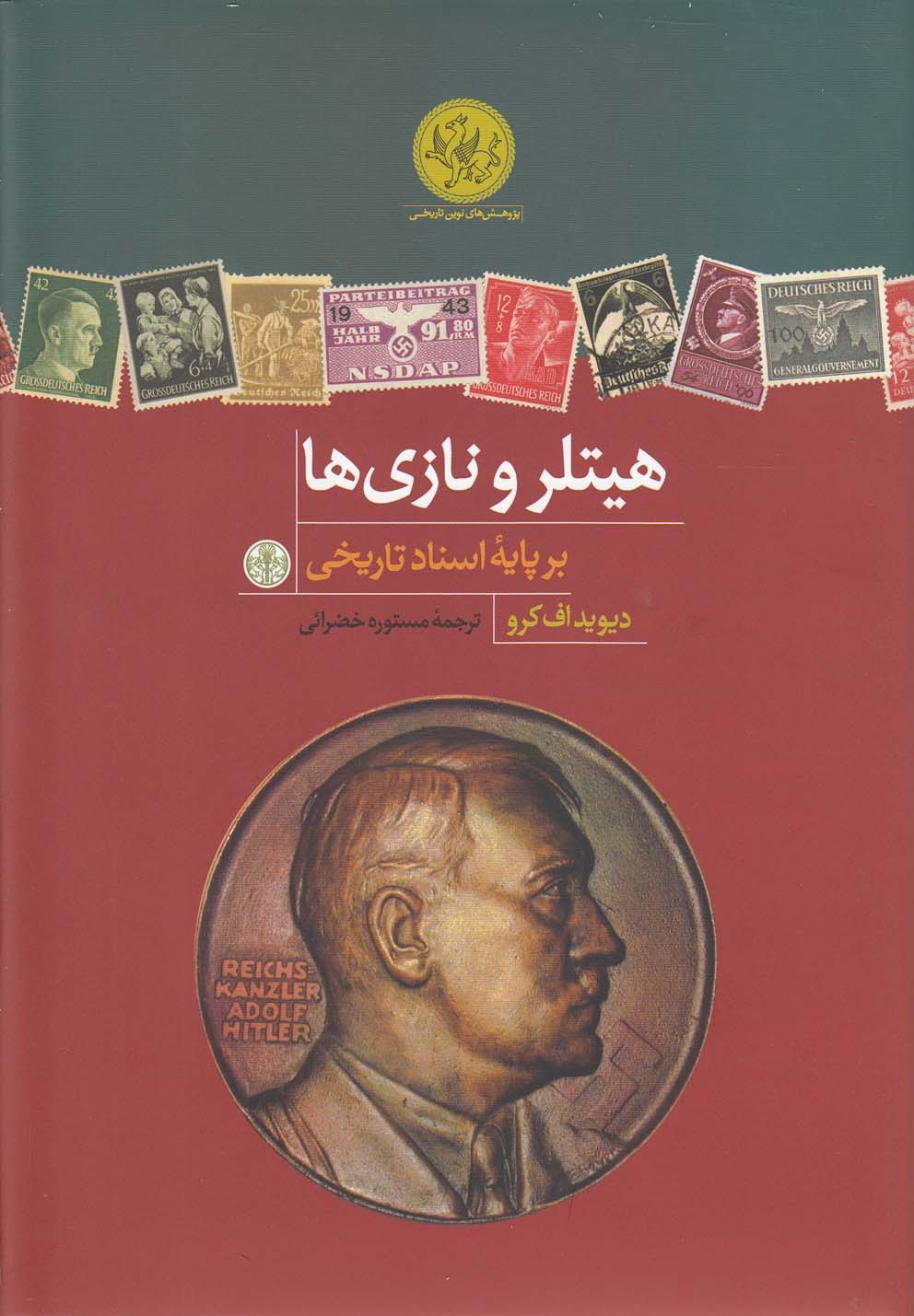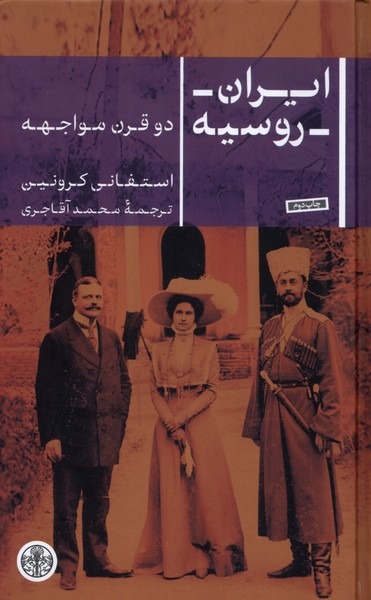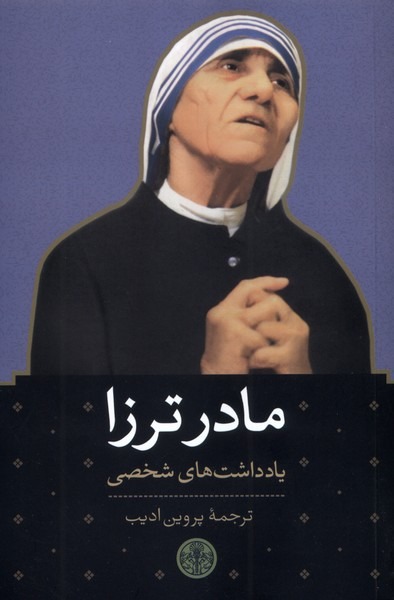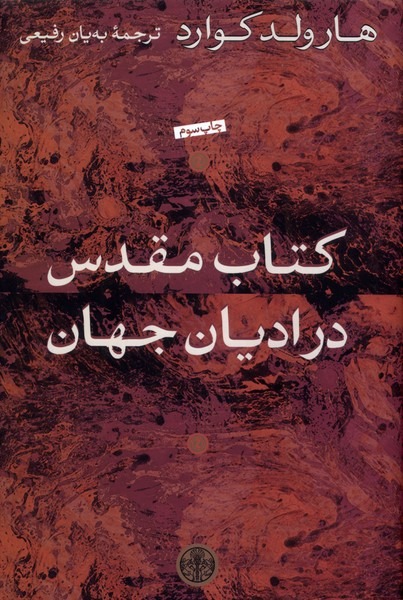Faqīh va Sulṭān (Dīyāliktīk-i Dīn va Sīyāsat dar Tajrubah-yi Tārīkhī-yi 'Us̲mānī va Ṣafavīyah-Qājārīyah): Persian 1402
فقیه و سلطان (دیالکتیک دین و سیاست در تجربه تاریخی عثمانی و صفویه-قاجاریه)
16.56 £
Share
Wishlist
Original Title:
الفقیه و السلطان: جدلیه الدین و السیاسه فی تجربتین تاریخیتین العثمانیه و الصفویه-القاجاریه
ISBN:
9786002538994
Translator:
Yāsīn 'Abdī
Publisher:
Bungah-i tarjumah va nashr-i kitab pārsah
Age Group:
Adult
Pages:
304
Weight:
300 g
Dimensions:
14 x 21 x 2.7 cm
Book Cover:
Paperback
Subjects:
The book "Jurist and Sultan: Dialectic of Religion and Politics in the Ottoman and Safavid-Qajar Historical Experience" by Vajiya Kothrani is an important research on the relationship between Islam and politics in the history of the Ottoman Empire and two periods of Iranian history. This book was written to create a better understanding of the interaction of rulers and scholars in different Islamic eras.
In this regard, Kothrani proposes two historical and political trends simultaneously: first, the jurisprudential competition of different religions, which causes the identity of the governments to be formed based on the affiliation of each of these religions. Two, the ratio of scholars and rulers, who were initially the compilers of the theoretical foundations of government, then turned into Sheikhs of Islam and developers of religious science and governance. In the period of decline, they became justifiers of governance.
In this book, with a critical and analytical approach, the author examines how religion was used to benefit political power in the Ottoman, Safavid, and Qajar periods. In this way, he tries to make the relationship between religion and politics in the present era understandable. In four chapters, the book deals with topics such as the historical transition to the pre-Ottoman and Safavid periods, the rise of the Ottomans and Safavids and their conflict, religious institutions and the ruling body of the Sultan in the Ottoman state, and religious institutions and scholars in the Safavid and Qajar eras.
The book "Jurist and Sultan" examines the relationship between religion and politics in the history of the Ottoman Empire and the Safavid and Qajar periods in Iran with a history-oriented and critical approach. The author tries to reveal how religion is used as a tool for the interests of political power in these periods. This book shows well that throughout the history of Islamic lands, religion has often been used by rulers to secure their political interests. Fiqh competitions between different religions and the changing ratio of scholars and rulers in these periods have provided a platform for religion to serve political power. With this critical approach, Kausrani tries to increase our understanding of the relationship between religion and politics in the present era. He points out that even today, some people seek to disrupt politics and culture in society in the name of religion, and in fact, their goal is to support political relations based on the politicization of religion.
In sum, the book "Faqih and Sultan" is a valuable book that examines with a historical and critical perspective how religion is used as a tool for the benefit of political power in certain periods and helps to better understand the relationship between religion and politics throughout history and in the present era. he does.
more
کتاب «فقیه و سلطان: دیالکتیک دین و سیاست در تجربهی تاریخی عثمانی و صفویه-قاجاریه» اثر وجیه کوثرانی، پژوهشی مهم درباب رابطه اسلام و سیاست در تاریخ امپراتوری عثمانی و دو دوره از تاریخ ایران است. این کتاب با هدف ایجاد شناخت بهتر، در رابطه با تعامل حاکمان و علما در دورههای مختلف اسلامی نگاشتهشده است.
کوثرانی در این راستا، دو سیر تاریخی و سیاسی را بهصورت همزمان مطرح میکند: یک، رقابتهای حوزهی فقهی مذاهب مختلف که موجب میشود هویت حکومتها براساس تعلق خاطر به هر یک از این مذاهب شکل بگیرد. دو، نسبت علما و حاکمان که در ابتدا تدوینگر مبانی نظری حکومت هستند، سپس به شیخالاسلامها و توسعهدهندگان علم دینی و حکمرانی تبدیلشده و در دورهی افول به توجیهکننده حاکمیت بدل میشوند.
نویسنده در این کتاب با رویکردی نقادانه و تحلیلی، به بررسی چگونگی بهرهبرداری ابزاری از دین در راستای منافع قدرت سیاسی در دورههای عثمانی، صفویه و قاجاریه میپردازد. او تلاش میکند تا از این طریق، رابطه دین و سیاست در عصر حاضر را نیز قابل درک سازد. کتاب در چهار فصل به موضوعاتی همچون گذری تاریخی به دوران پیشاعثمانی و صفویه، برآمدن عثمانی و صفویه و نزاع آنها، نهادهای دینی و هیئت حاکمهی سلطانی در دولت عثمانی و نهاد دینی و علما در دورههای صفویه و قاجاریه میپردازد.
کتاب «فقیه و سلطان» با رویکردی تاریخمحور و نقادانه به بررسی رابطه دین و سیاست در تاریخ امپراتوری عثمانی و دورههای صفویه و قاجاریه در ایران میپردازد. نویسنده تلاش میکند تا چگونگی استفاده ابزاری از دین در راستای منافع قدرت سیاسی در این دورهها را آشکار سازد. این کتاب به خوبی نشان میدهد که در طول تاریخ سرزمینهای اسلامی، دین اغلب بهعنوان ابزاری در دست حاکمان قرارگرفته است تا منافع سیاسی خود را تأمین کنند. رقابتهای فقهی میان مذاهب مختلف و نسبت متغیر علما و حاکمان در این دورهها، بستری را فراهم آورده که دین در خدمت قدرت سیاسی قرار گیرد. کوثرانی با این رویکرد نقادانه، تلاش میکند تا درک ما را از رابطه دین و سیاست در عصر حاضر نیز افزایش دهد. او به این نکته اشاره میکند که امروزه نیز برخی با نام دین، در پی برهمزدن سیاست و فرهنگ در جامعه هستند و درواقع هدف آنها حمایت از روابط سیاسی مبتنی بر سیاسیکردن دین است.
در مجموع، کتاب «فقیه و سلطان» کتابی ارزشمند است که با نگاهی تاریخی و نقادانه به بررسی چگونگی استفاده ابزاری از دین در راستای منافع قدرت سیاسی در دورههای مشخصشده میپردازد و به درک بهتر رابطهی دین و سیاست درطول تاریخ و نیز در عصر حاضر کمک میکند.
more

